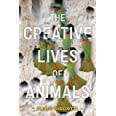 This week on How on Earth, Beth speaks with Professor Carol Gigliotti about her new book, The Creative Lives of Animals. She provides a new perspective on animals as agents in their own lives, as valuable contributors to their world and ours, and as guides in understanding how creativity may contribute to conserving the natural world. Presenting a powerful argument for the importance of recognizing animals as individuals and as creators of a healthy, biodiverse world, this book offers insights into the creativity of animals.
This week on How on Earth, Beth speaks with Professor Carol Gigliotti about her new book, The Creative Lives of Animals. She provides a new perspective on animals as agents in their own lives, as valuable contributors to their world and ours, and as guides in understanding how creativity may contribute to conserving the natural world. Presenting a powerful argument for the importance of recognizing animals as individuals and as creators of a healthy, biodiverse world, this book offers insights into the creativity of animals.
Executive Producer: Beth Bennett
Show Producer: Beth Bennett
Additional Contributions: Susan Moran, Tom McKinnon, Joel Parker
Engineer: Shannon Young
Listen to the show:
Podcast: Play in new window | Download (Duration: 24:26 — 17.8MB)
Subscribe: RSS



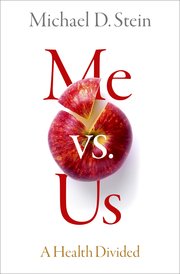 On today’s show, Beth speaks with Michael Stein, primary care physician and researcher, who has been writing about medicine and public health for decades. In
On today’s show, Beth speaks with Michael Stein, primary care physician and researcher, who has been writing about medicine and public health for decades. In  In today’s show Beth talks with
In today’s show Beth talks with  How on Earth’s Beth Bennett talks with authors
How on Earth’s Beth Bennett talks with authors 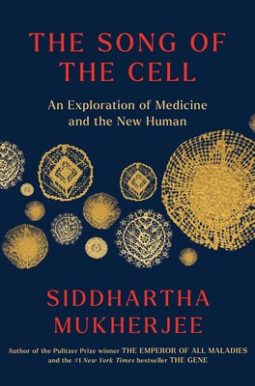 Today on How on Earth, Beth talks with Dr Siddhartha Mukherjee. His first book, The Emperor of All Maladies, won the Pulitzer Prize in 2011. His
Today on How on Earth, Beth talks with Dr Siddhartha Mukherjee. His first book, The Emperor of All Maladies, won the Pulitzer Prize in 2011. His 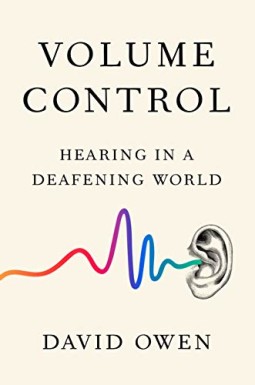 Starting this week, the FDA has approved the
Starting this week, the FDA has approved the 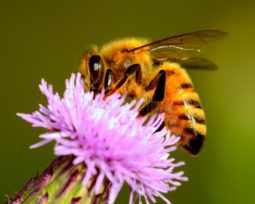 On today’s show Beth talks to Prof Michael Breed about honeybees. Sure, there is a little on their decline which is concerning to all of us, but we focus on many remarkable aspects of their biology. If you want to go deeper, you can visit
On today’s show Beth talks to Prof Michael Breed about honeybees. Sure, there is a little on their decline which is concerning to all of us, but we focus on many remarkable aspects of their biology. If you want to go deeper, you can visit 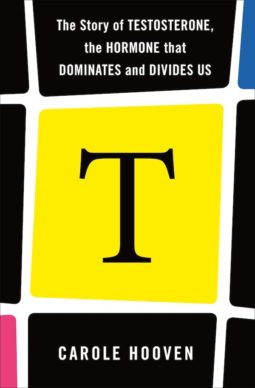 ON this week’s show, Beth talks with Carole Hooven about her new
ON this week’s show, Beth talks with Carole Hooven about her new 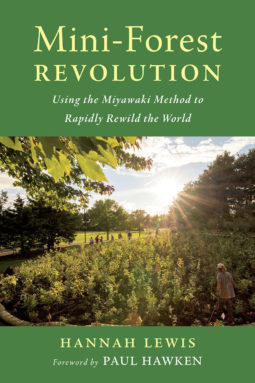 In this week’s How on Earth, we look at 3 aspects of climate change: its role in disease incidence and transmission; some effects of the new climate change legislation; and how ‘micro-forests’ can mitigate temperature and water loss. The latter comes from an interview with author Hannah Lewis and her book
In this week’s How on Earth, we look at 3 aspects of climate change: its role in disease incidence and transmission; some effects of the new climate change legislation; and how ‘micro-forests’ can mitigate temperature and water loss. The latter comes from an interview with author Hannah Lewis and her book  This week on How on Earth, Beth talks with Dr Seven Hussey about his recent
This week on How on Earth, Beth talks with Dr Seven Hussey about his recent